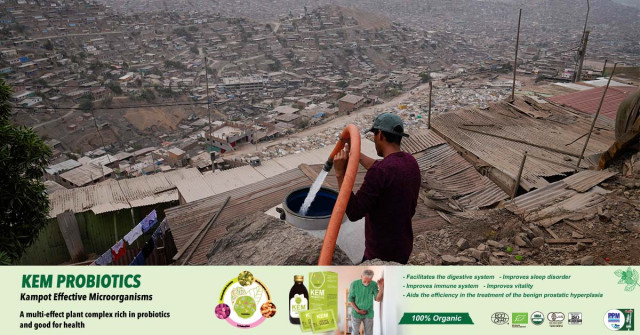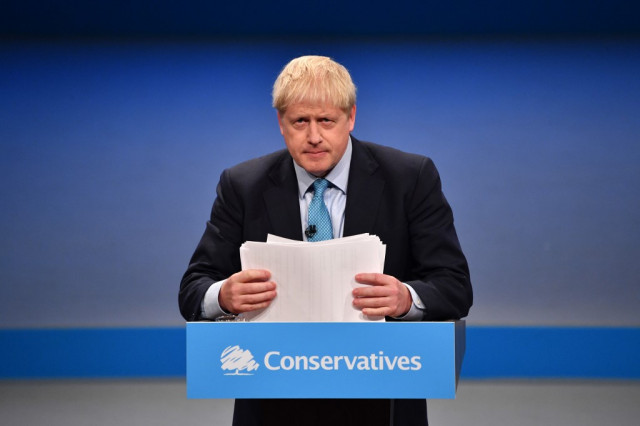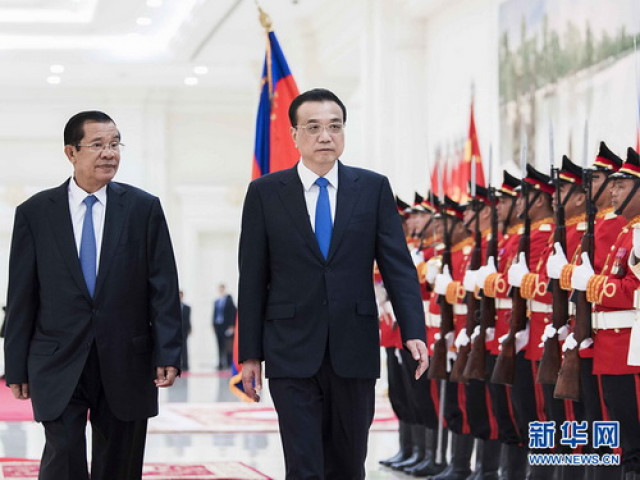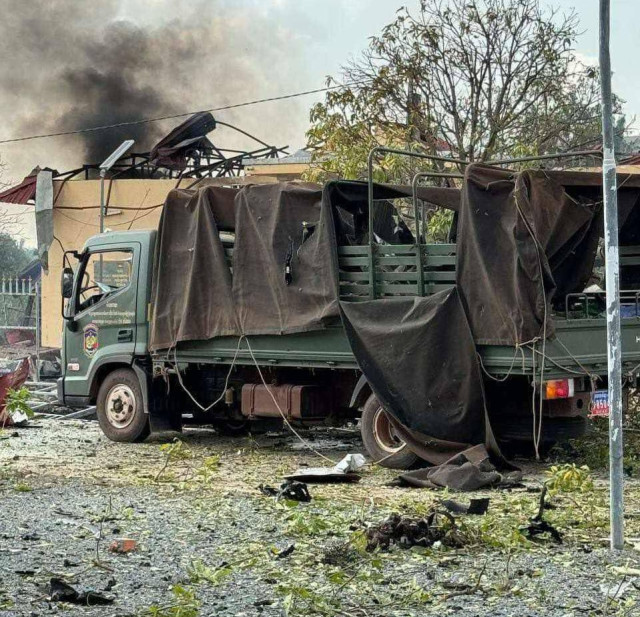First Healthy Step toward Creating an Ethics Committee for the News Media
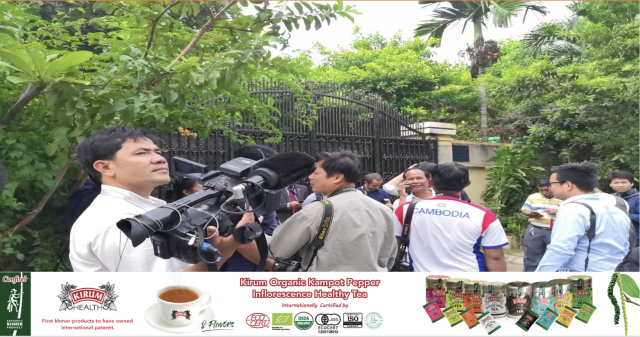
- By Cambodianess
- December 24, 2023 12:56 PM
The 20th forum of news media editors in chief and editors held on the initiative of the Club of Cambodian Journalists (CCJ) called for establishing a news media board of ethics whose mandate would be to watch over the respect of journalistic deontology by those who work on the production of information regardless of the media for which they work.
In the final statement at the forum, it was reported that Minister of Information Neth Pheaktra had favourably received the idea of such a board whose implementation the CCJ would coordinate. Prior to this forum, Prime Minister Hun Manet had called on journalists to show professional ethics, remarks that were echoed by the minister of information at the closing of the forum, lashing out at the lack of training and professionalism of many journalists—or at least of those identified as such—especially those working in online media.
While it is normal for the authorities to express their opinion on the quality of journalists’ work, the fact remains that it is for the profession itself to say whether a member of the profession has shown disrespect for the ethics and professional ethics. Accordingly, the announcement of the willingness to create this news media board of ethics is a step in the right direction. Proof that this issue is not new, we had argued for the setting up of a body of this kind in a column published four years ago. We are republishing it today to remind again of the issues at stake in this matter.
An Order of Journalists – Let’s Think About This
Who can claim to be a journalist? Who and whose authority can attest to it?
At a time when, beside traditional information media—written press, radio and television—there is an abundance of websites, Facebook pages and blogs also generating information, and new types of people such as bloggers, influencers and citizens reporters generate information, it seems appropriate to point out that a journalist is a professional who processes information.
Professional means that he/she handles information according to a code of ethics and professional conduct specific to his profession, the same way medical doctors and attorneys abide by codes of ethics that their professions have put in place.
Professional also means that journalism is work from which he gets his income—or at least part of it.
Therefore, it takes more than generating information to claim to be a journalist.
While the issue of making a living out of journalism may lead to discussion and interpretation, the one about the code of ethics undeniably draws the line between journalists and those who are not by setting in stone the rights and duties that are theirs.
Regarding rights, journalists legitimately demand free access to all sources of information and the right to freely investigate facts that condition public life.
This defines the journalist’s essential duties of researching, writing and commenting on events, and telling the truth regardless of the consequences to him and this, because of the public’s right to know; of only publishing information whose source is known or, if necessary, with appropriate caveats; obligation to respect people’s privacy; the duty to publish any correction to published information that proved inaccurate; the strictest professional secrecy, and the non-disclosure of the identity of confidential sources of information.
These rights and obligations inevitably go hand in hand with the acknowledgement of laws in force as neither a journalist nor any other person is above the law. This said, a journalist should only abide, as far as his professional code of honor is concerned, by the jurisdiction of his peers, rejecting government or any other interference as advocated in the 1971 Munich Declaration of the Duties and Rights of Journalists.
In Cambodia, organizations, clubs and groups of journalists have multiplied although none can claim to represent the whole profession or set itself up as the conscience of the profession and have jurisdiction over one’s peers.
No moral authority out of the profession itself is there to state loud and clear journalism’s rules and commitments and defend them when needed, to demonstrate by means of a professional card that a journalist concurs with the rights and duties of the profession and, if necessary, to reprimand those who would have ignored them in the exercise of their profession.
As a journalist order of high authority, this body consisting of journalists, representatives of news media management as well as distinguished members but excluding members of government institutions would then guarantee journalists’ rights and duties with full respect of their independence without which this profession cannot be practiced.
This is not about adding one more authority to the multi-layered bureaucracy already in place. It is about enhancing the value of the vital commodity that is information by clearly identifying and encouraging those who generate it while abiding by the rules and prevent that their work be affected by those who abuse the profession.






